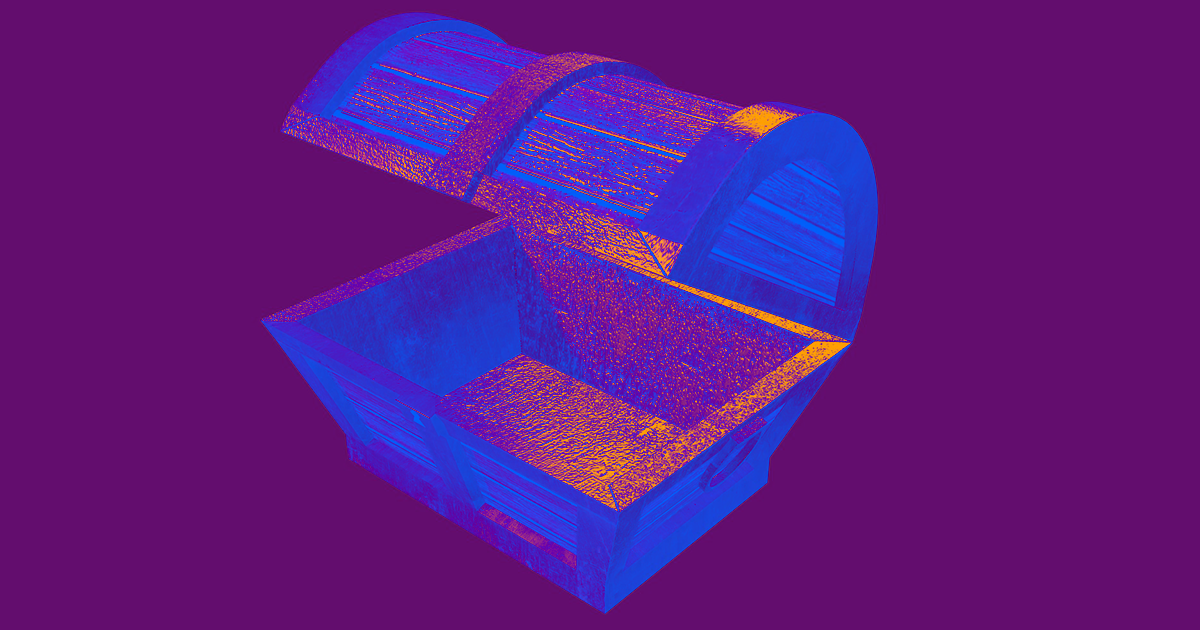In-game purchases like loot boxes can mirror the affects of gambling on the brain.
Skin in the Game
Lawmakers in the United States may finally be cracking down on the rise of loot boxes, which let players pay for the chance to win powers or stylish in-game outfits in popular titles ranging from "Fortnite" to "PUBG."
Senator Josh Hawley (R-MO) has introduced a bill — The Protecting Children from Abusive Games Act — which would ban microtransactions, including loot boxes, from games that are targeted toward people under the age of 18.
"When a game is designed for kids, game developers shouldn’t be allowed to monetize addiction," Hawley said in a press release. "When kids play games designed for adults, they should be walled off from compulsive microtransactions. Game developers who knowingly exploit children should face legal consequences."
Just Like Gambling
The proposed bill would apply new protections to games played by minors — including those marketed to all ages which knowingly allow minors to make purchases — prohibiting loot boxes and pay-to-win games, which are designed to be more difficult to level up and advance in without the gamer paying for additional upgrades.
Although games like "Fortnite" are free to download, their in-game transactions mirror the effects of gambling addiction on the gamer's brain, according to researchers — heightening the already-addictive quality of the game. The free game still raked in $2.5 billion in 2018.
If the House of Representatives supports the legislation, it would still need to be signed into law by the president — but this could be a sign that US lawmakers are taking the threat of gambling addiction in video games more seriously.
Editor's note: this story has been updated to specify that the proposed law could also affect games marked to adults.
READ MORE: The Protecting Children from Abusive Games Act [Senator Josh Hawley]
More on video games: Machine Learning Is Giving Retro Games Cutting-Edge Graphics
Share This Article
